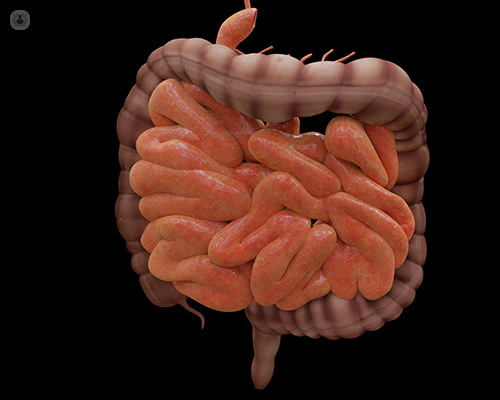What Is Fistula? Symptoms And Types

A fistula is an abnormal connection or passageway that connects two organs or vessels that do not usually connect. They can develop anywhere between an intestine and the skin, between the birth canal and the rectum, and in other places.
According to National Association for Continence, there are many types of fistulas depending on where it develops.
Anal Fistula
Abnormal connection between the epithelialized surface of the anal canal and the perianal skin.
Anorectal Fistula occurs between the anal canal and the skin around the anal opening.
Rectovaginal or Anovaginal Fistula occurs when a hole develops between the rectum or anus and the vagina.
Colovaginal Fistula occurs between the colon and the vagina.
Urinary Tract Fistula
This is an abnormal opening within a urinary tract organ or an abnormal connection between a urinary tract organ and another organ.
Vesicouterine fistula occurs between the bladder and the uterus.
The vesicovaginal fistula is where a hole develops between the bladder and the vagina.
The urethrovaginal fistula is between the urethra and the vagina.
Other types include;
Enteroenteral fistula occurs between two parts of the intestine.
Enterocutaneous or Colocutaneous fistula occurs between the small intestine and the skin or the colon and the skin respectively.
What are the causes of fistula? In Africa, the most common cause of fistulas is childbirth and difficult labor that is left unrelieved.
Also, Chron's disease which is a chronic inflammatory disease of the intestines and diverticular disease which is a condition that cause abdominal pain and disturbance of bowel function without inflammation can cause fistula.
In addition, those who are undergoing radiation therapy are at greater risk for a variety of fistulas.
Fistulas can be traumatic and can do additional harm to your body like causing nerve damage and kidney failure.
According to The World Health Organization (WHO), there are 50,000-100,000 new cases of fistulas every year.
Fistula has signs and symptoms that include:
Constant urine leakage from the vagina
Irritation in the external female genital organs
Frequent urinary tract infections (UTIs)
Leakage of gas and/or feces into the vagina
Fluid drainage from the vagina
Nausea
Vomiting
Diarrhea
Abdominal pain
Fistula is treatable and as a patient you should first seek expert advice from gynecologists so that they may decide the best plan of treatment.
While all that is possible, prevention is the best treatment. You can do that by maintaining a good nutritional habit which helps in maintaining a healthy tissue that helps to fight fistulas. In addition, abstaining from smoking is important to promote fistula healing.
BY MARGARET MUGO
Tags: Who Fistula Signstv Types Of Fistula


